Bar Tech February 2022
Welcome to our first BarTech of 2022

Welcome to our first BarTech of 2022
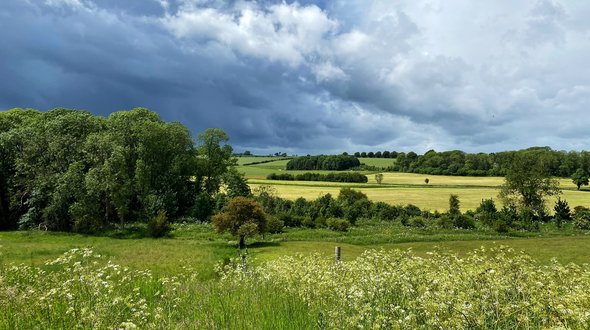
Everyone, everywhere in the world is facing climate change – and there’s no time to lose in tackling its impact. That’s why John Thijssen, Chairman of Barenbrug’s Board of Directors, put sustainability high on Barenbrug’s priority list. His goal: to make Barenbrug part of the solution to this pressing issue.
Research and Development teams from The Royal Barenbrug, AFBI and Barenbrug UK recently met to start the selection process for introducing new grass varieties into the UK agriculture market. The team explored several new perennial ryegrass varieties that have been bred by AFBI-Barenbrug for British farmers, whittling down the selection for submission into the National Lists and Recommended List trials, and beginning the commercialisation process for the UK and Ireland agricultural markets.
After reviewing trial and research data from several trial sites across the UK, six varieties were chosen; three intermediate heading grass varieties and three late heading grass varieties. Varities were selected as the top candidates across a range of parameters effecting livestock farmers such as yield, digestibility, sugar content, disease resistance and ground cover.
Trial and research data from Barenbrug’s breeding programmes across the globe, including five different trial sites across the UK, ROI and Holland, led to a further two new grass varieties being added to the list.
The selection of these eight grass varieties takes the number of Barenbrug grass varieties in the Recommended List trials process to 31. These new varieties will first be trialled and tested across UK research sites and will see these being produced and available for use by British farmers well into the 2030’s.
Currently, we are running trials across five different sites around the UK and Ireland, and we will be establishing a further new site this year. Researching and generating data about the Barenbrug bred grasses and solutions, from across a range of climatic locations, is invaluable to understanding how our grass and forage genetics can help to generate practical agronomic and environmental gains across UK farming systems.
Many of the trials are duplicated across different sites to collect a broader understanding of the grass varieties behaviour in different agricultural regions, and we are continually developing the range of species we are testing as well as looking into new technologies for testing our varieties and mixtures.
The key Barenbrug grass trials for 2022 will see the development of the grass, forage and beneficial crop variety testing across numerous species and sites. An evaluation of multiple red clover varieties from different genetic backgrounds will trail their persistency and investigate new options for improving ground cover and growth in long term swards. Finally, we will be progressing our new multispecies option, the Barenbrug UK adaptation of the heavily researched and trialled global Barenbrug Nutriherb solution.
At the time of the release of this edition most trial sites have experienced a very mild winter, and autumn sowings are establishing well. The first application of spring fertilisers will take place in the next few weeks (location and weather dependant of course) and we are looking forward to welcoming guests to our various sites and getting back to normality once more.
Grass breeding trials and research around the globe.
We continue working with the BSPB/NIAB recommended grass list systems across the UK and Ireland, as well as with our colleagues, throughout the Barenbrug Group, on international recommended lists. These testing systems are important but we see a need for a broader set of information and as such, we are increasing the level of our grass research. We have started this process over the past few years at Loughgall in Northern Ireland. Our Barenbrug trials are run by the grass breeding team from The Agri-food & Biosciences Institute (AFBI) at Loughgall, who are Barenbrug grass breeding partners for the UK.
Our research trials will now extend to three other trial sites across the UK, and as the systems develop, we will start to look at a much broader range of information from both above and below the ground, as well as silage and grazing management.
We now have over six years’ worth of grass data, collated from these trial sites. The current data is predominately perennial and hybrid ryegrass based, both straight varieties and mixtures but has now been expanded to include a range of other grass species including Timothy and Barenbrug’s unique soft leaved tall fescues, amongst others.
In our most recent set of grass trials looking at grass yield of different Barenbrug bred grass varieties under silage management and grazing, the range between the highest and lowest yielding grass varieties was 5t DM/ha with the average yield almost 19tDM/ha for silage management. Under simulated grazing management, the average yield was just over 16tDM/ha with a range of 2.4tDM/ha.
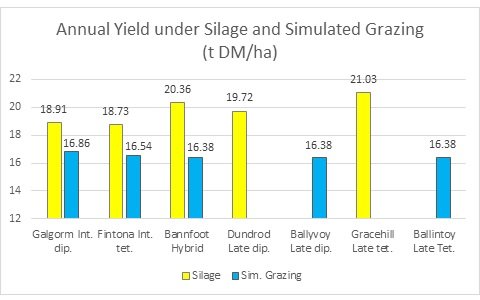
Top yielding grass varieties under silage and simulated grazing management.
Galgorm (intermediate diploid) is one of the most digestible of the individual varieties, with an average annual D value of over 81D for 1st cut (averaged over April, May and June) and over 80 D for 2nd cut. Galgorm also had the highest 1st cut protein and highest 2nd cut protein levels of the intermediate grass varieties, whilst Dundrod (diploid) and Killylea (tetraploid) were the best of the lates.
Caledon (intermediate tetraploids) Ballyvoy, Dundrod (late diploids) and Gracehill (late tetraploid) all showed high protein levels under simulated grazing, averaging over 20%CP on average between April and May.
In terms of metabolizable energy (ME) across 1st and 2nd cut, Bannfoot (hybrid)and Ballyvoy (late diploid) both produced 117% of the average for ME which equated to 139,577 MJ and 139,421MJ respectively – capable of producing nearly 27,000 litres of milk. Bannfoot also had the highest ME yield in April and May under the simulated grazing trial.
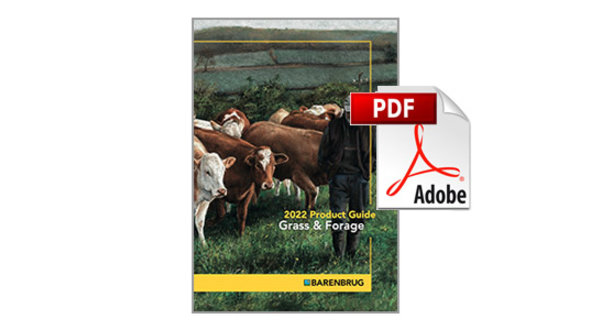
Our NEW 2022 Agriculture product guide is out now.

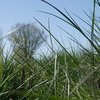
At Barenbrug, we’ve one simple goal: to help all farmers make the...
At Barenbrug, we’ve one simple goal: to help all farmers make the most of grass, forage & herbal leys – and that applies across the board, whether you’re producing milk, raising livestock or growing essential crops.

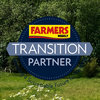
As a key member of the The Farmers Weekly Transition Partner...
As a key member of the The Farmers Weekly Transition Partner Network, Barenbrug UK is part of a selected, UK-wide community of farmers, industry stakeholders and influencers working together to secure a sustainable future for your farm business.
Discover our range of grass, forage, clover, herb and legume mixtures for the agriculture sector.
Discover our range of grass, forage, clover, herb and legume mixtures for the agriculture sector.
Discover our range of grass, forage, clover, herb and legume mixtures for the agriculture sector.